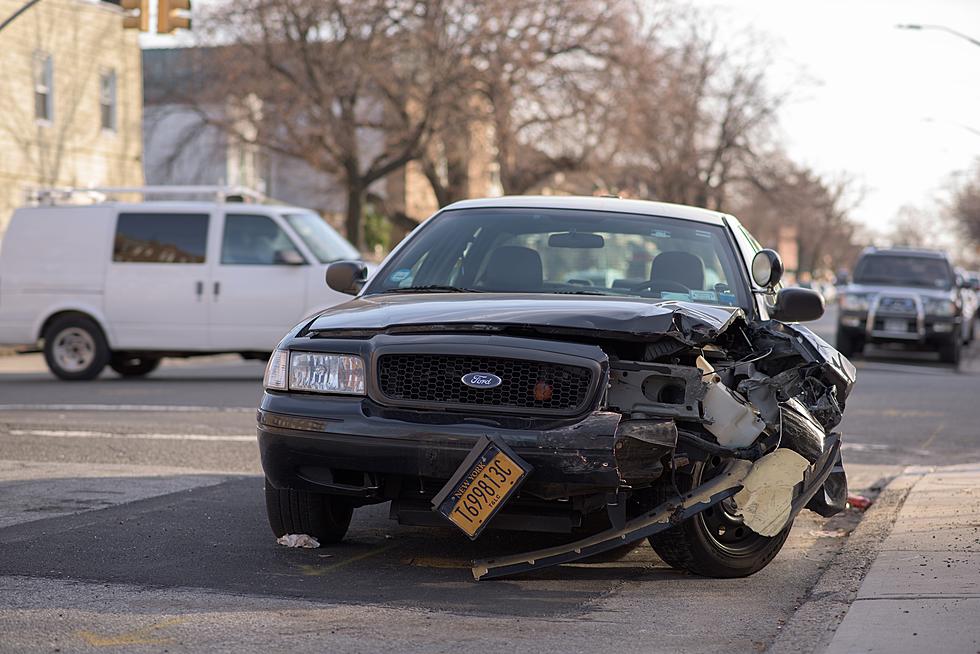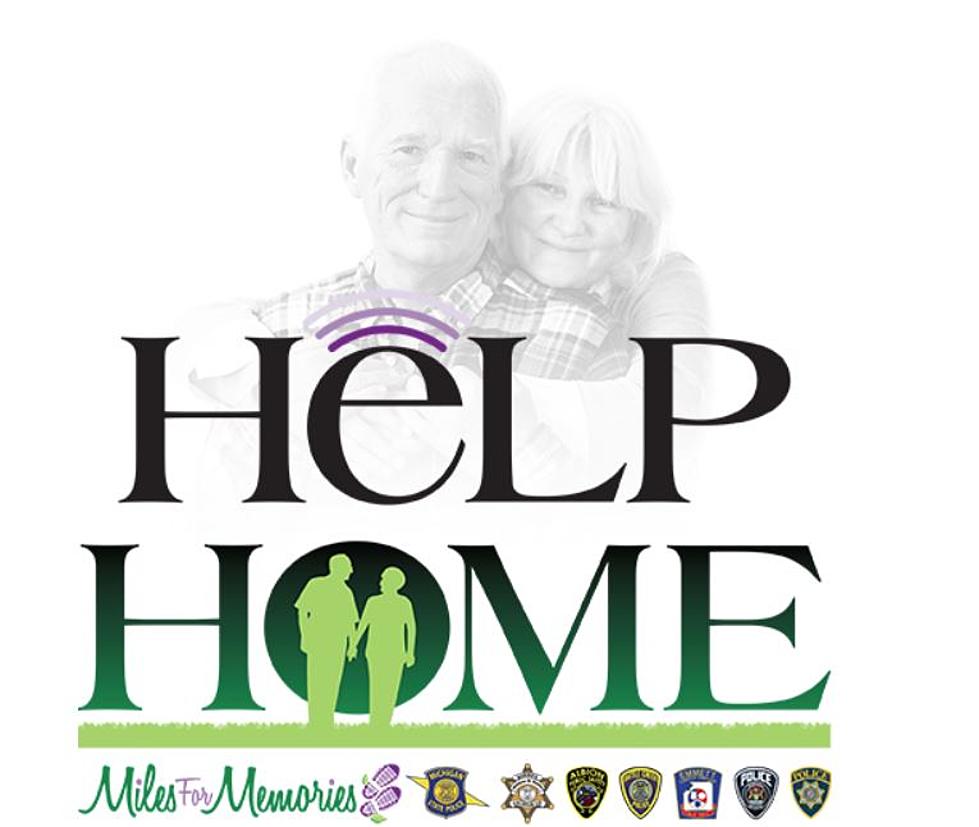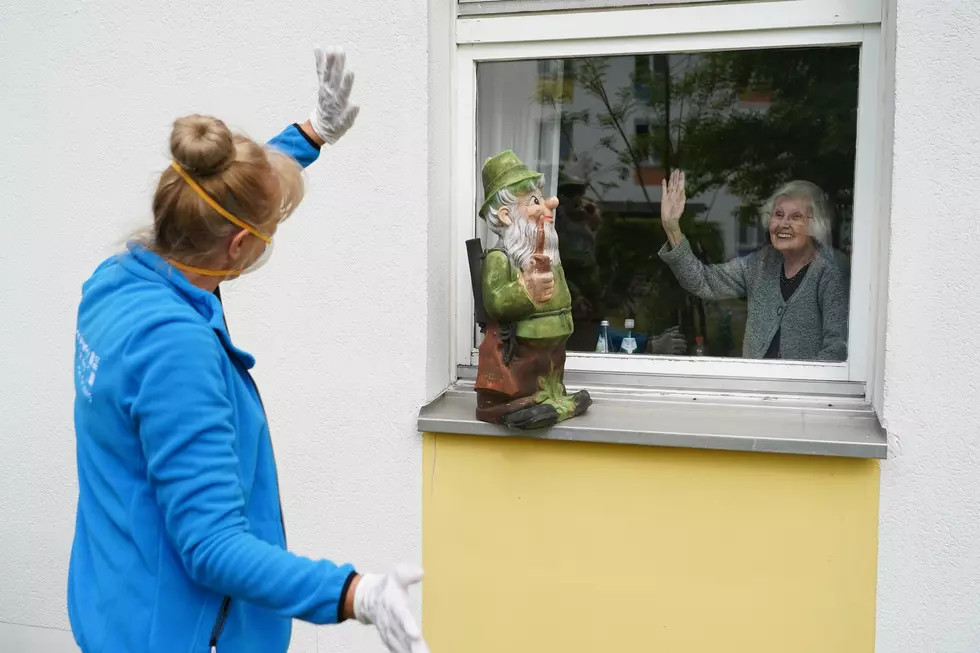
Dementia Patient Caregivers Have the Highest Mortality Rate
Of all caregivers, those that care for a person living with dementia have the highest mortality rate. Miles for Memories’ Sherii Sherban was a guest on the WBCK Morning Show with Tim Collins to talk about the symptoms and some ideas to keep caregivers health.
Sherban said the first step toward reducing stress is recognizing the signs and symptoms.
- Anger at the person with Alzheimer’s or frustration that he or she can’t do the things they used to be able to do. Sometimes a caregiver might think someone is just being stubborn, when they really have just lost basic skills.
- Social withdrawal from friends and activities that used to make you feel good.
- Anxiety about the future and facing another day, especially now with the COVID-19 pandemic.
- Depression that breaks your spirit and affects your ability to cope.
- Exhaustion that makes it nearly impossible to complete necessary daily tasks.
- Sleeplessness caused by a never-ending list of concerns. For example, the risk of a person frequently wandering off is 60%. That’s a big worry.
- Irritability that leads to moodiness and triggers negative responses and actions. A caregiver might find themselves often thinking “Leave me alone!”
- Lack of concentration that makes it difficult to perform familiar tasks.
I was so busy, I forgot my own appointment. - Health problems that begin to take a mental and physical toll on the caregiver.
Sherban says there are things a caregiver can do to get some “peace of mind” to minimize the stress.
- Allows the home caregiver to increase their quality of sleep, and in many cases, to help them fall asleep sooner. A caregiver that is well rested will be able to provide better care.
- Allows the caregiver to be more comfortable with respite opportunities, which in turn can leads to each of the following, and more:
- Allows the caregiver to focus on self-care. Things like exercise, yoga, or meditation all help to further reduce caregiver stress and to increase the endurance for the caregiver.
- Allows the caregiver to enjoy personal time that is important to their quality of life such as time with friends, reading a book, a hair appointment, or a vacation.
- Allows the caregiver to enjoy health care that is important to their quality of life such as regular doctor visits, dentist, and surgery if necessary. All these help to ensure that the caregiver remains healthy, longer, in order provide better care for their loved one.
Solutions include Safe return technology offered by Miles for Memories and planned or emergency respite, which is also offered by Miles for Memories.
Since it began in 2016, the personal ID technology has brought at least 50 wandering individuals back home to loved one without a trip on an ambulance or a series of tests to discover what to treat saving $5,000 to $10,000 per person. Search and rescue efforts not needed averages $7,500 to $13,000. Over $10,000 has been set aside for respite relief.
If you have questions or need more information, call (269) 979-1412 ext. 305, or go to www.milesformemories.org or search “Miles for Memories” on Facebook.

LOOK: Here Are the 25 Best Thanksgiving movies of all time
More From WBCKFM









